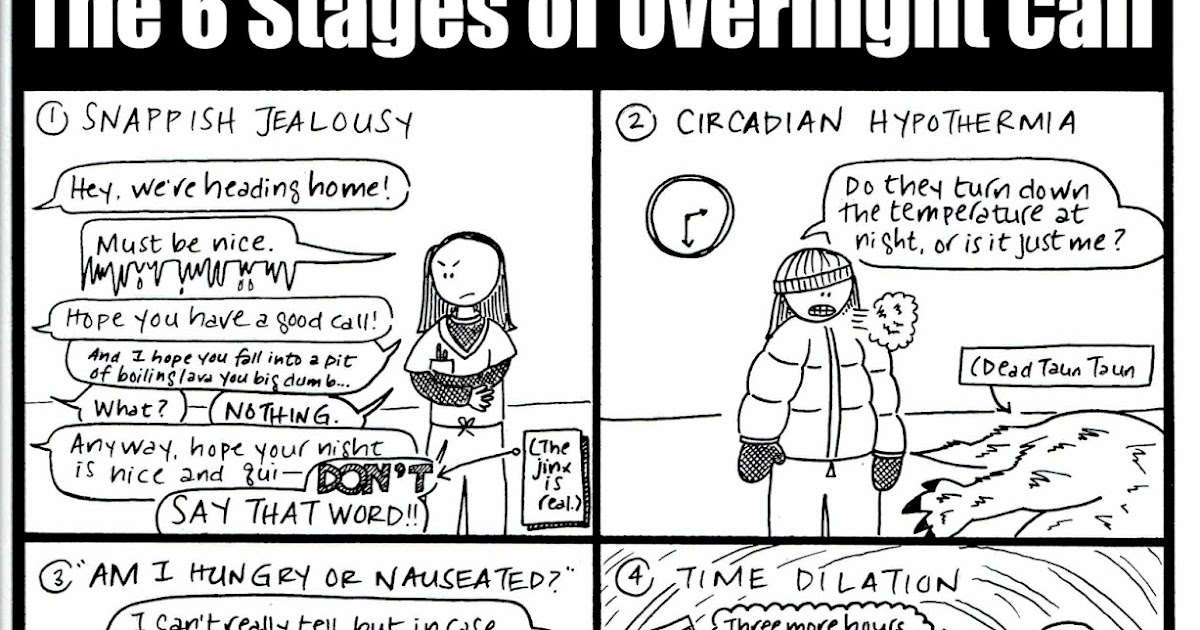I don't expect physicians who are banking it right now to keep in touch with the latest technological innovations. But, AI with deep learning is already destroying the majority of radiologists in term of reading simple CXR for pneumonia. Technology moves at an exponential rate. Most of the aspiring radiology kids here won't be practicing Dx Radiology for another 6-8 years. By then, the AI threat is very real. It won't replace radiologists, but a future radiologist can do the equivalent workload as 5-6 radiologists from today, with the help of AI. Shrinking demand and increasing supply is bad for a specialty. From my personal experience at my training hospital, I already start seeing some radiologists using AI to read CXR on pneumonia. I expect the trend to be more common down the road.
I chuckle whenever radiologists talk about their clinical skills on this forum. Let's be real here. You guys have lost all of your clinical skills since intern year. When was the last time that you talk to patients and touch them again?

 med.stanford.edu
med.stanford.edu
I chuckle whenever radiologists talk about their clinical skills on this forum. Let's be real here. You guys have lost all of your clinical skills since intern year. When was the last time that you talk to patients and touch them again?

Artificial intelligence rivals radiologists in screening X-rays for certain diseases
In a matter of seconds, a new algorithm read chest X-rays for 14 pathologies, performing as well as radiologists in most cases, a Stanford-led study says.
Last edited:


